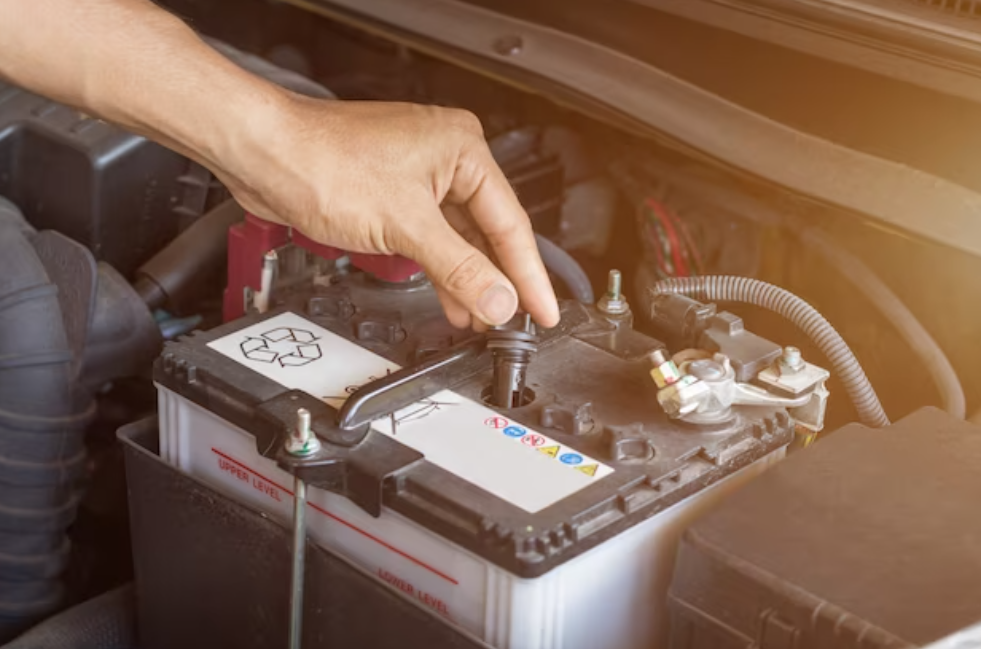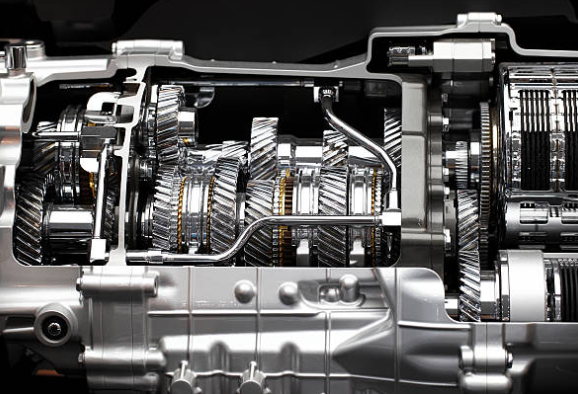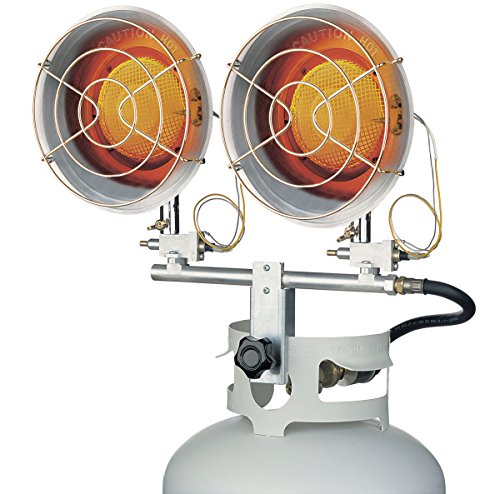How Long Does A Car Battery Last? An In-Depth Look
We all aspire to maximize our vehicle's performance, making it imperative to understand the lifespan of a car battery. This integral aspect of vehicle ownership and maintenance is often underestimated, not receiving the attention it truly deserves. This blog post endeavors to provide a comprehensive insight into car batteries, from the factors influencing their longevity to recognizing the signs for replacement. By delving into these details, we aim to equip you with a thorough understanding, ensuring you're well-prepared for the eventual replacement or care of your car battery. If you're seeking clarity on the duration of a car battery's life, this post is your definitive guide – keep reading!

What Factors Affect Car Battery Longevity
On average, car batteries generally last around 3 to 5 years; however, this timeframe can be impacted by various elements. Factors such as extreme temperatures, driving routines, upkeep methods, vehicle model, battery caliber, and other variables collectively contribute to the overall lifespan of a car battery. To elongate its longevity, it's advisable to opt for shaded parking, engage in longer drives for thorough recharging, and frequently clean battery terminals to prevent corrosion.

-
Park in Garages or Shaded Areas: Parking your vehicle in a garage or shaded spot can help protect it from extreme temperatures, thus extending the battery's life.
-
Regularly Drive Long Distances: Taking longer drives allows the battery to recharge fully, preventing sulfation and enhancing its overall health.
-
Disconnect Electronics: When the engine is off, make sure to turn off all lights, radio, and other electronics to avoid draining the battery unnecessarily.
-
Perform Regular Maintenance: Clean the battery terminals, ensuring they're free from corrosion, and check for any signs of damage or leakage.
-
Use a Battery Maintainer: If your vehicle isn't used frequently, consider using a battery maintainer or tender to keep the battery charged and healthy.

Recognizing the signs of a failing car battery is essential to avoid sudden vehicle troubles. If you experience a slow engine crank during startup, dimming headlights and electronics, or hear clicking sounds when trying to start the engine, your battery might be weakening. Dashboard warning lights, unresponsive electronics, and an unusual sulfur-like odor can also indicate battery problems.
Pay attention to the battery's age – if it's approaching its typical lifespan of 3 to 5 years, it's more prone to failure. Corrosion around terminals, difficulties starting in cold weather, and frequent jump-starts are additional signs of a weakening battery. If you observe these indicators, it's wise to seek professional assistance to evaluate and address your battery's condition promptly, ensuring reliable vehicle performance.
-
How can I check my car battery's health?
You can test your car battery's health using a battery tester, available at auto parts stores, or by visiting a professional mechanic for a thorough evaluation.
-
Are there differences between battery types in terms of lifespan?
Indeed, various battery types such as lead-acid, AGM, and lithium-ion exhibit differing lifespans. Certain types may outlast others or deliver superior performance under particular circumstances.
Read more article here: Top 10 Folding Ladders For Ultimate Versatility













